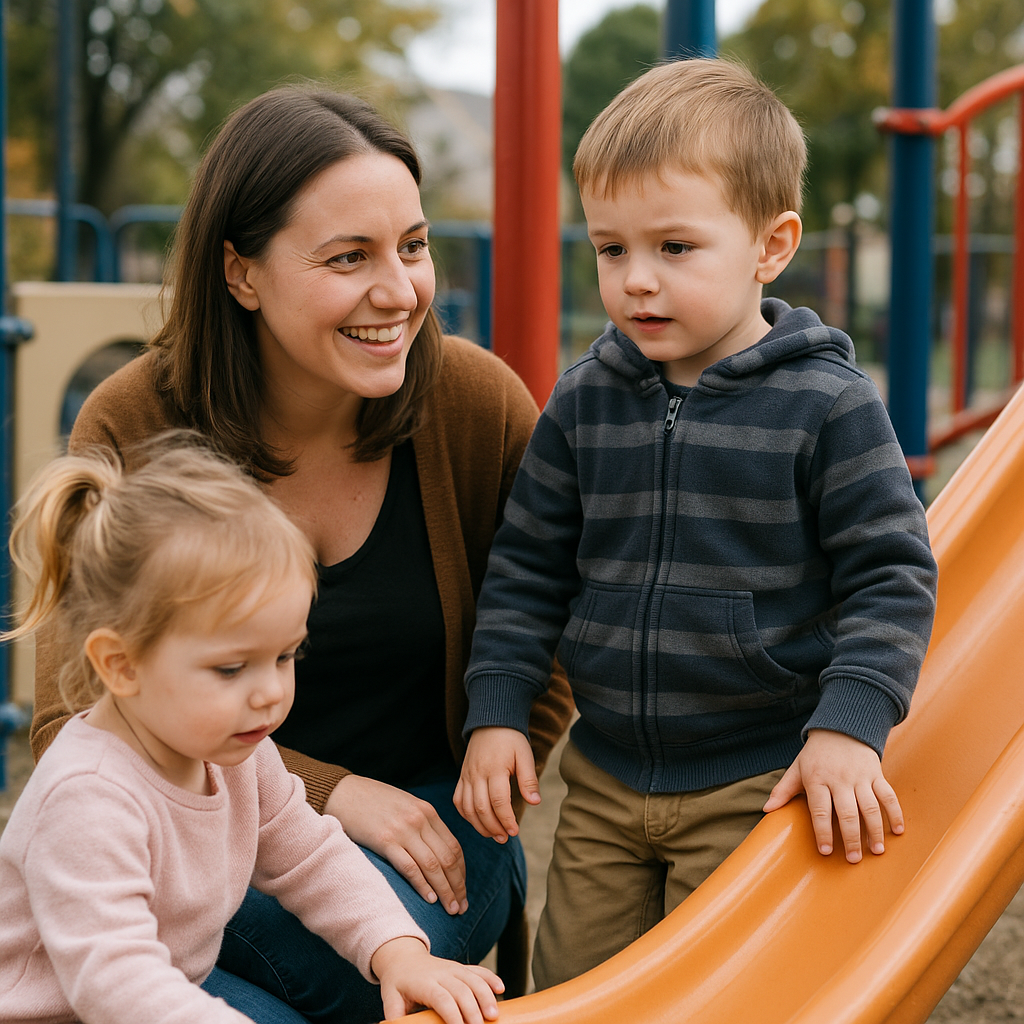Expanded Support Services Transform Lives of Young People with High Needs
Providers focus on trauma-informed and healing-centered practices, helping children build stability and resilience after experiencing significant challenges.

- Country:
- New Zealand
The Government's ongoing investment in child wellbeing is delivering tangible results, with more high-support needs children and young people now receiving specialized care and community-based assistance across New Zealand.
Minister for Children Karen Chhour has confirmed that over the past year, Oranga Tamariki supported an additional 59 placements for children and young people with complex needs, including those with disabilities, through 11 accredited community care providers nationwide.
This expansion comes as part of the Government's broader effort to strengthen the social care system and ensure vulnerable young people have access to tailored, trauma-informed support that meets their unique developmental and emotional needs.
"These services provide everyday support with routines like sleeping, eating, communication, personal care, and learning," Minister Chhour said. "They also help young people connect with peers, whānau, and their communities — enabling inclusion and belonging."
Holistic, Healing-Informed Support
The care provided through these placements extends well beyond basic needs. Providers focus on trauma-informed and healing-centered practices, helping children build stability and resilience after experiencing significant challenges.
Services often include:
-
Daily living support — such as assistance with personal routines, nutrition, and sleep.
-
Educational and learning access, including school attendance and tailored learning support.
-
Specialist disability support, including the use of visual timetables, social stories, and communication tools to reduce stress and avoid behavioral triggers.
-
Recreational inclusion, with opportunities for sports, arts, and community participation.
-
Whānau engagement, ensuring that families remain involved and connected to their children's care journey.
These interventions help young people develop essential life skills and emotional stability while providing families with reassurance and respite.
Significant Investment Through Budget 2024
Oranga Tamariki received $99.784 million over four years under Budget 2024 to enhance services for children and young people with high support needs, including disability.
The funding ensures community partners have the capacity, training, and infrastructure to deliver high-quality, individualized care. It also supports workforce development, enabling caregivers and specialists to provide evidence-based, trauma-informed care.
"This funding has ensured that children and families are receiving the right support at the right time," Minister Chhour said. "It reflects our commitment to fixing what matters — providing practical, compassionate support to those who need it most."
Empowering Communities and Families
The strengthened partnership between Oranga Tamariki and community providers ensures that care remains locally grounded and culturally responsive. Providers across the country are working closely with whānau, schools, and disability networks to deliver consistent support that prioritizes dignity, inclusion, and wellbeing.
The approach aligns with the Government's vision for a more connected, community-based social service system — one that values collaboration, accountability, and positive outcomes for tamariki and rangatahi (children and young people).
A Brighter Future for Vulnerable Youth
By expanding access to tailored services, the Government aims to break cycles of disadvantage and empower young people with disabilities or trauma backgrounds to thrive.
These programs not only address immediate needs but also help young people build independence and confidence, ensuring they can transition successfully into adulthood with the right skills and support networks.
"Every young person deserves to grow up feeling safe, valued, and supported," said Minister Chhour. "This initiative is an important step toward making that a reality."
With continued investment, improved coordination, and a focus on evidence-based care, New Zealand is taking meaningful strides toward ensuring that no young person is left behind.









